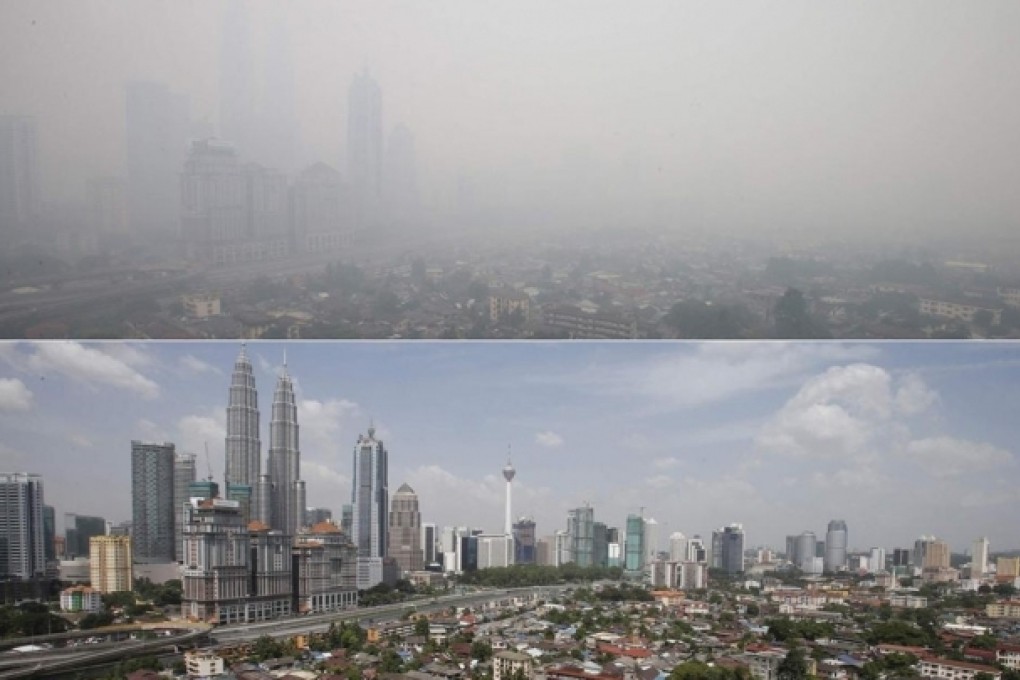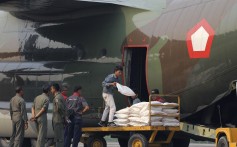Indonesia starts cloud-seeding to fight smog
Indonesia attempts to put out blazes and probes plantation firms suspected of starting the fires

Indonesia has begun seeding clouds in an attempt to create rain to put out blazes that have choked Singapore and Malaysia with smog, officials said, while launching investigations into plantation firms suspected of starting the fires.
The pollution index dropped to moderate in Singapore yesterday after having hit hazardous levels but the smog intensified in Malaysia, with its government declaring a state of emergency in two southern districts.

Indonesian police said they were probing eight companies with possible Malaysian links that are suspected of starting the fires, a day after environment group Greenpeace said the blazes were on palm oil plantations owned by Indonesian, Malaysian and Singaporean firms.
In Indonesia's Riau province, police spokesman Hermansyah said: "They are suspected to be Malaysian.
"It's a very serious crime. Fire-starters can be jailed and companies can be sued. They usually do it at night in remote locations, making it difficult for us to trace them. But we will do our best to pin them down."